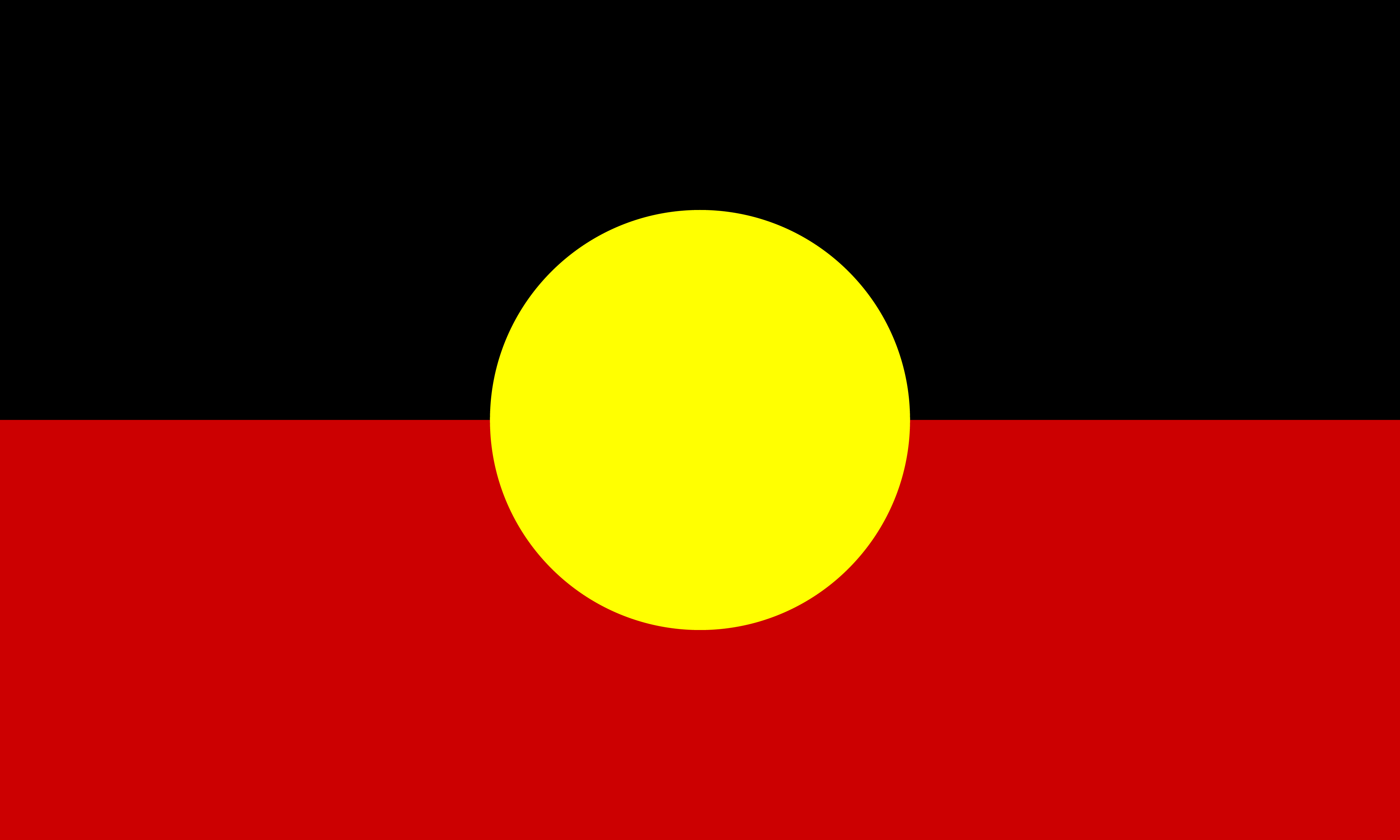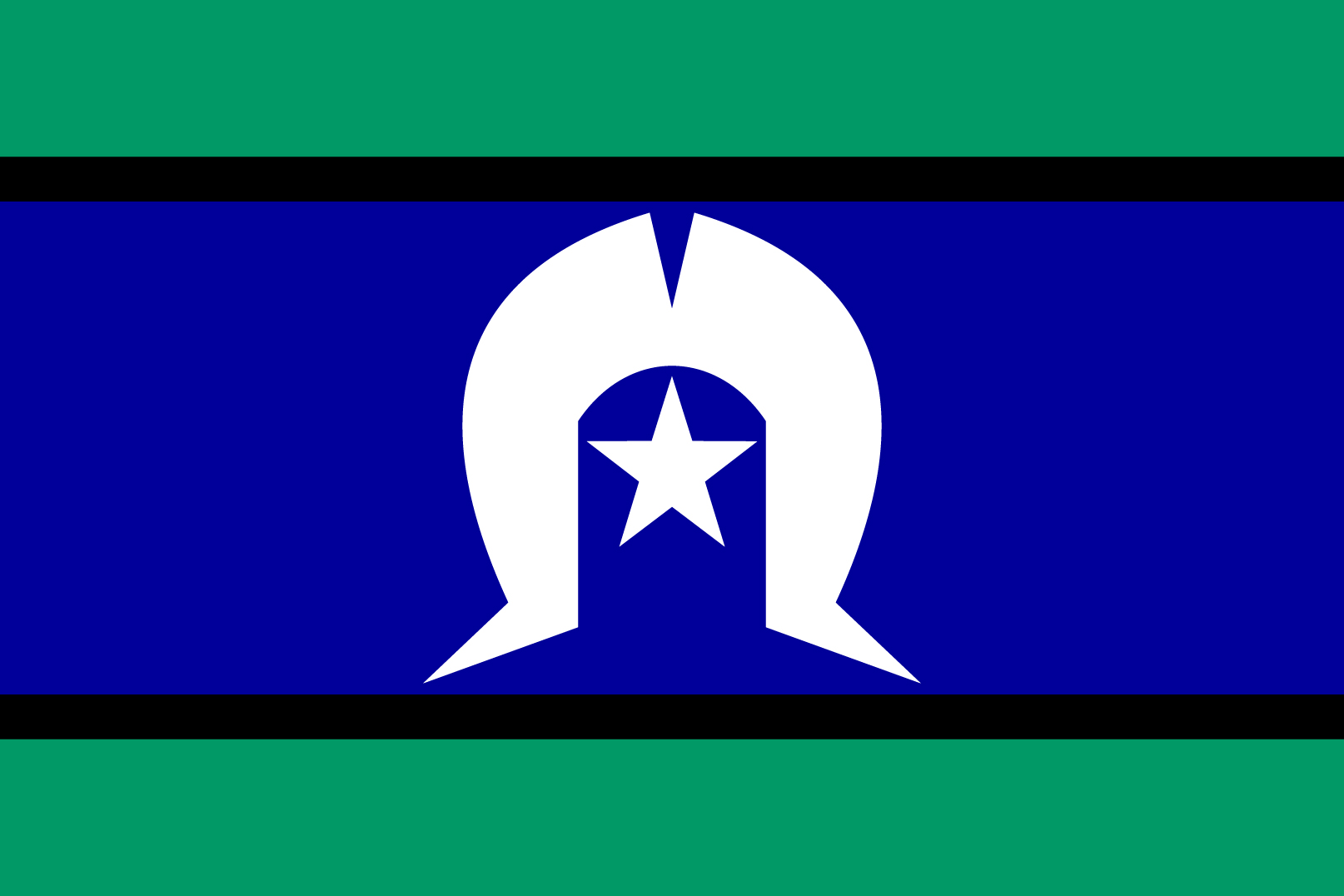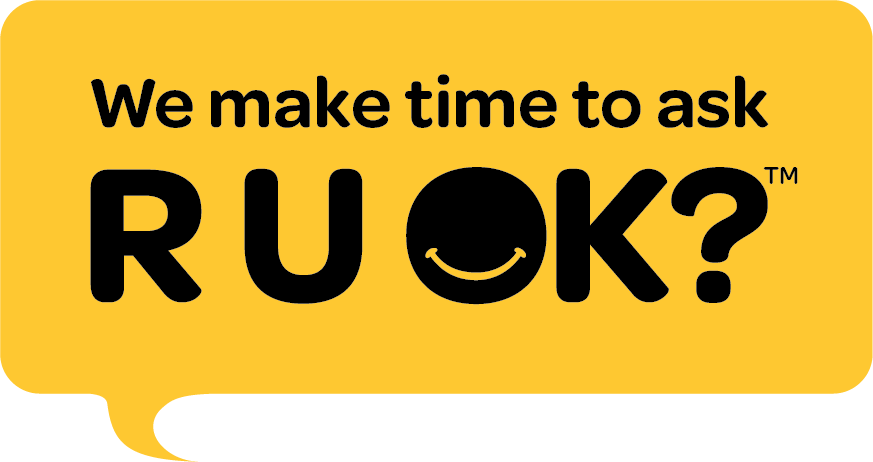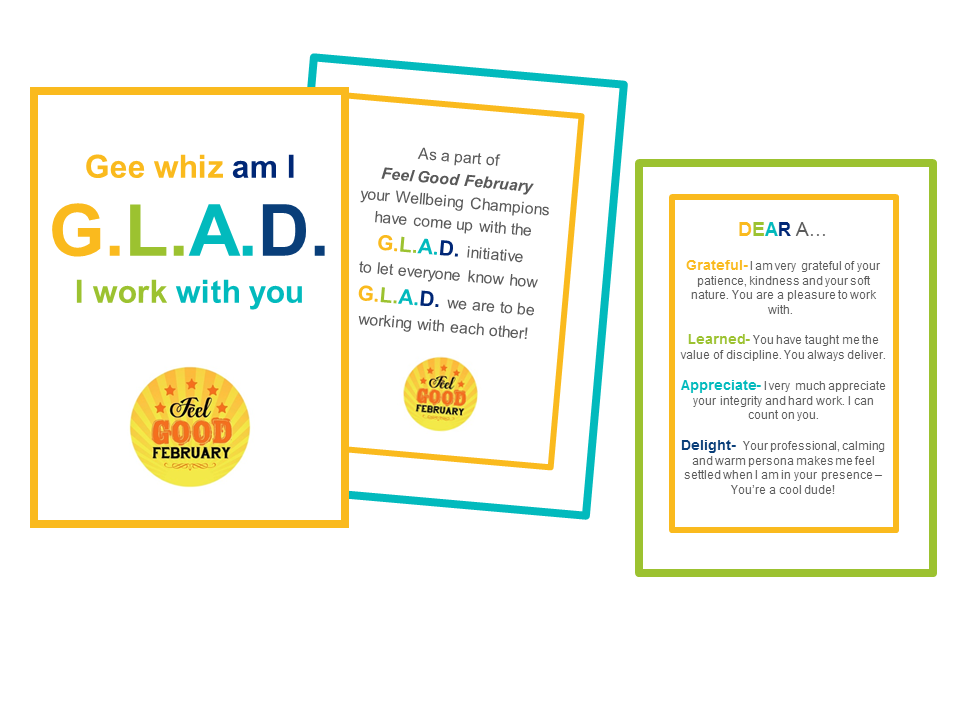Welcome to the Aboriginal and Torres Strait Islander Peoples Dedicated Line: part of your EAP, provided by your employer and delivered by Newport & Wildman.
Working With You:
Our Customer Services Team participate in mandatory ongoing cultural competency training and are available to speak with you to facilitate the referral process to one of our Aboriginal and Torres Strait Islander Counsellors, Coaches or Mentors. Please call to make an appointment between EST 8am - 6pm Monday to Friday or outside these hours to make a booking.
At Newport & Wildman our Cultural Wellbeing Team includesboth Aboriginal and Torres Strait Islander Counsellors and Culturally Sensitive Counsellors. If appropriate our Cultural Inclusion Co-Ordinator is able to assist any individual circumstances and will work with you to identify the most culturally safe options to support you or your organisation.
Together we find the right way to provide culturally appropriate support that works for you, sharing and caring in a respectful, confidential and safe space. Having a yarn can help with the day to day challenges at home or in the workplace such as;
- Stress
- Anxiety
- Intergenerational
- Trauma
- Sadness
- Loss
- Depression
- Burnout
- Alcohol & Drug
- Financial
- Nutrition
- Family/relationships
"keeping the spirit strong through strengthening social and emotional wellbeing"
This Dedicated Support Line provides a culturally sensitive way for Aboriginal and Torres Strait Islander Peoples to access social, emotional, mental health and wellbeing support.
How to contact Newport & Wildman
Whatever the nature of your concern please feel free to call the Aboriginal and Torres Strait Islander Peoples Dedicated Line on: 1800 861 085
Newport & Wildman employees begin their ongoing journey with cultural capability by completing Aboriginal & Torres Strait Islander Cultural Competence Training with Reconciliation NSW/Centre for Cultural Competence Australia. We are committed to ensuring the best experience for all our clients.


Newport & Wildman acknowledges Aboriginal and Torres Strait Islander Peoples as the First Peoples of the lands we live and work on throughout Australia. We recognise their continuing connection to land, waters, culture, spirituality and community as we pay our respects to the Elders past, present and future. We extend that respect to all Aboriginal and Torres Strait Islander Peoples who connect with this website.
Aboriginal and Torres Strait Islander Peoples are advised that this website may contain images, voices and names of people who have since passed away.







